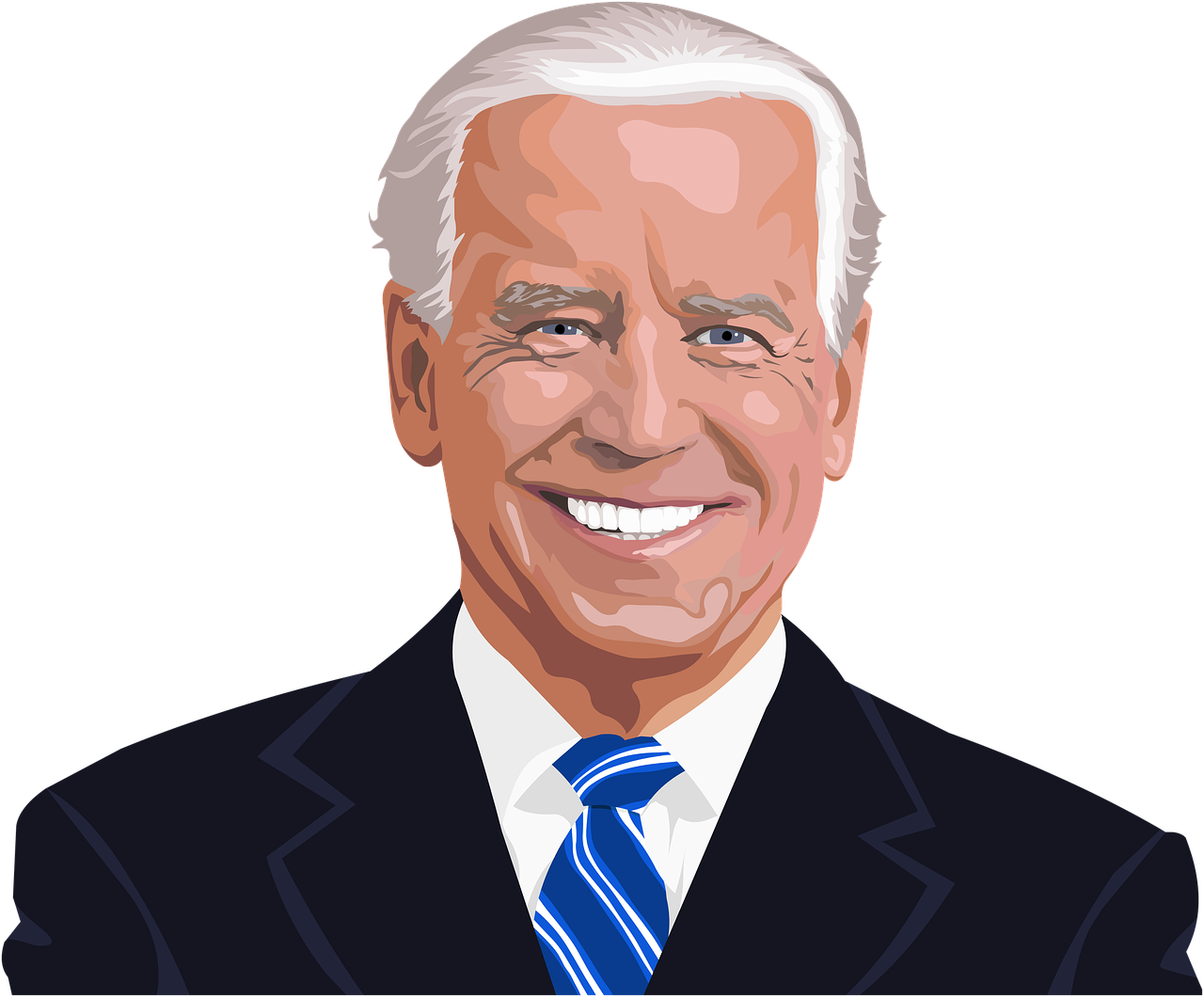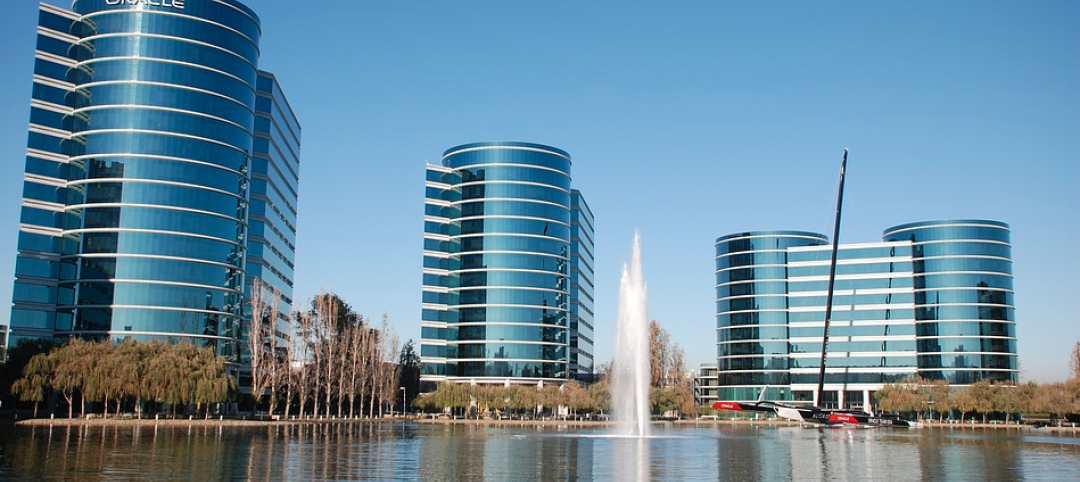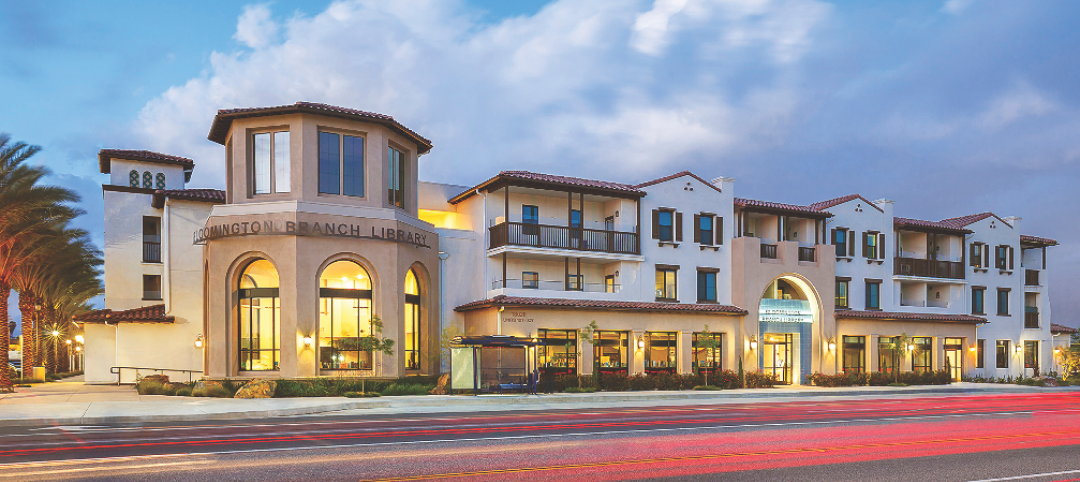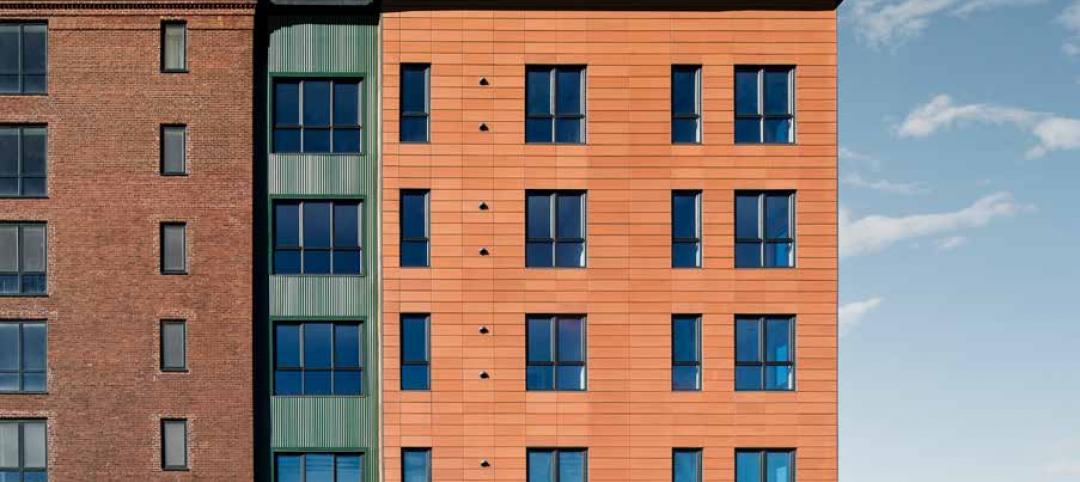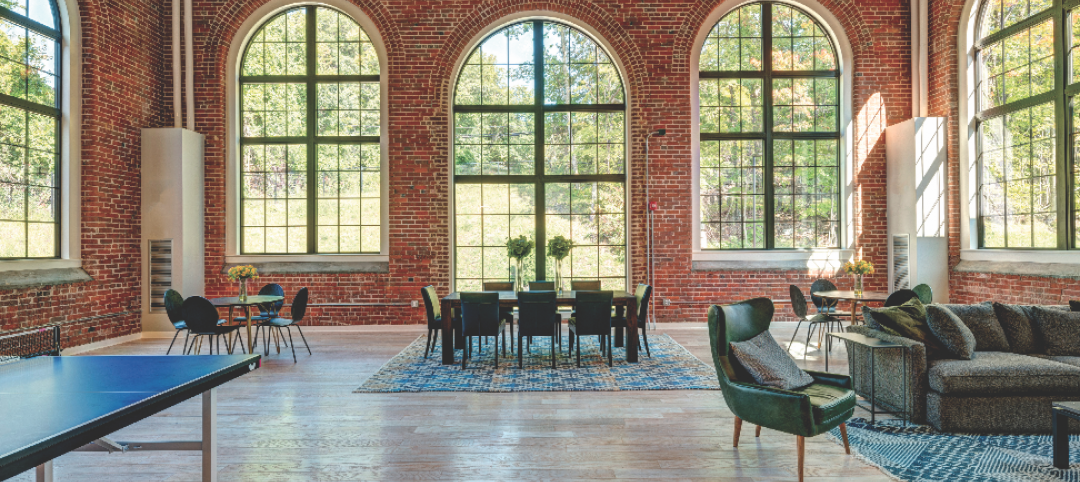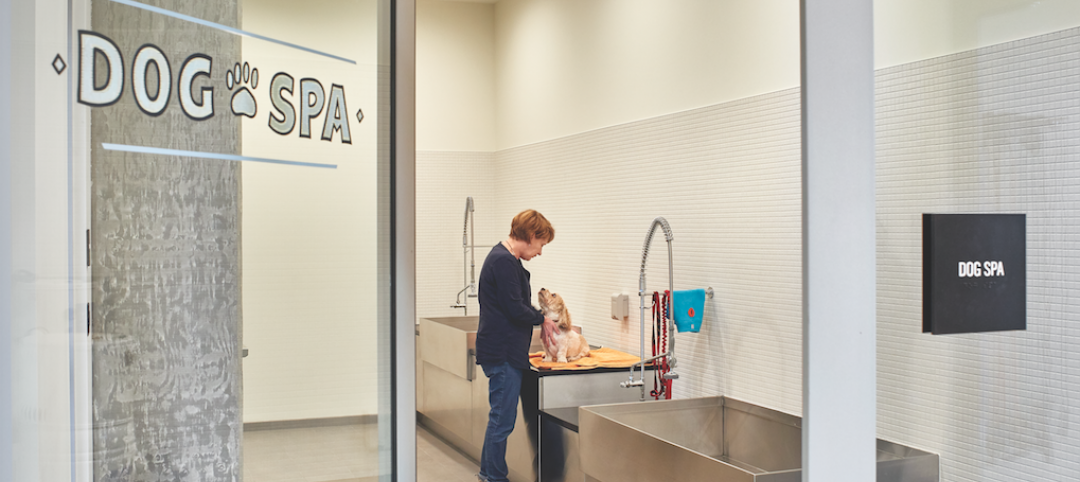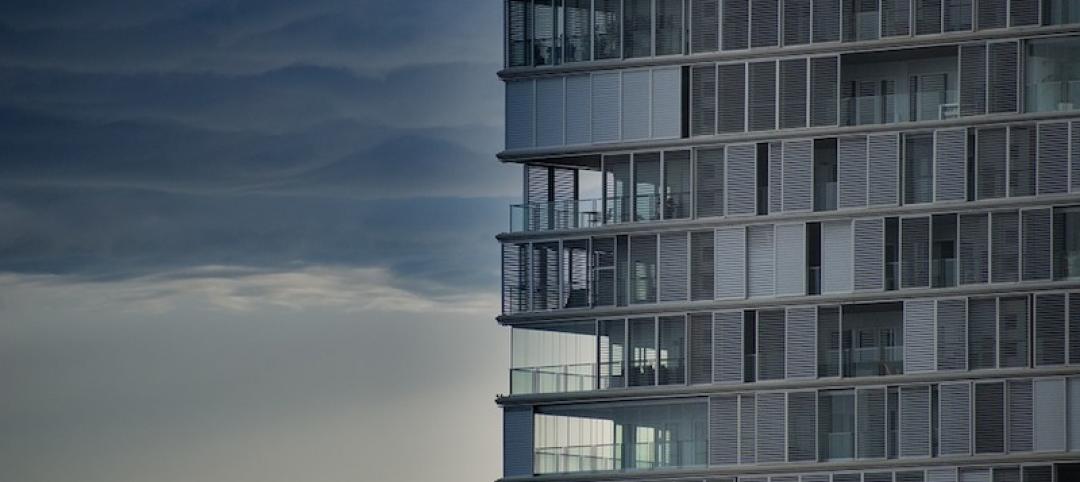First, Biden has to get the pandemic under control. Duh. Unless the new Administration does so in good order, all bets are off. Once a proven vaccine becomes available, there’s the question of whether enough people will take it to create herd immunity. Masks and hand washing alone will not stop this virus, so another dose of stimulus money is going to be needed to feed the families of the Covid-unemployed and help them pay their rent.
But let’s hope for the best. Let’s say that, at some point in late 2021 or early 2022 the pandemic is largely behind us, and the economy is back up and running. What then?
One possibility might be an infrastructure package. Remember, back in 2017, when those on both sides of the political aisle were talking about how crucial it was to restore the nation’s unsafe roads, bridges, rail lines, and seaports to proper working condition? Never happened, of course. Even if both Senate runoff races in Georgia go blue, giving Biden control of both Houses of Congress, it will be difficult to get any sizable infrastructure deal. So those potholes in the roadways leading to your buildings aren’t going to vanish overnight.
Then there’s the Green New Deal. In the primary debates Biden treated the Green New Deal like the plague—as if we needed another one . But he has signed on to bits and pieces of it. He has pledged to sign the Paris Agreement on climate change “on day one” and says he wants to ban oil and gas leases on federal lands, but would only phase out fracking over an undefined period of time in places where it is currently being practiced.
Biden is pushing a $1.7 trillion clean energy plan that he says will produce millions of new jobs, particularly in solar energy, wind, and geothermal. We should be encouraging greater use of renewables in our commercial and residential buildings, which account for 40% of energy use—and resulting carbon emissions. Before we start throwing PVs on every roof in America, though, we need a program to cut the energy consumption in buildings by 60-70%. How do you do that most effectively? Through the use of proven, commonly available, low-tech solutions: more and better insulation, LED lighting, high-efficiency heating-cooling systems, and highly energy-efficient water heating systems.
Biden says he has a plan to retrofit four million buildings, weatherize two million homes, and build 1½ million sustainably designed homes and rental apartments in four years. He may have to arm wrestle a few Republican Senators to get even a piece of that plan through Congress. But if he does, it could be a boon for the multifamily real estate sector.
Related Stories
| May 30, 2018
Accelerate Live! talk: From micro schools to tiny houses: What’s driving the downsizing economy?
In this 15-minute talk at BD+C’s Accelerate Live! conference (May 10, 2018, Chicago), micro-buildings design expert Aeron Hodges, AIA, explores the key drivers of the micro-buildings movement, and how the trend is spreading into a wide variety of building typologies.
Codes and Standards | May 30, 2018
Silicon Valley cities considering taxes aimed at large employers
The aim is to offset the impact on housing costs and homelessness by tech companies.
Multifamily Housing | May 30, 2018
Concentrated redevelopment: Apartment complex takes mixed use to the next level
An “intergenerational” mixed-use apartment complex may be a prototype for reenergizing neglected neighborhoods in America’s largest county.
| May 24, 2018
Accelerate Live! talk: Security and the built environment: Insights from an embassy designer
In this 15-minute talk at BD+C’s Accelerate Live! conference (May 10, 2018, Chicago), embassy designer Tom Jacobs explores ways that provide the needed protection while keeping intact the representational and inspirational qualities of a design.
BD+C University Course | May 24, 2018
Building passively [AIA course]
17 tips from our experts on the best way to carry out passive house design and construction for your next multifamily project. This AIA CES course is worth 1.0 AIA LU/HSW.
Multifamily Housing | May 23, 2018
Yankee Dandies: Century-old New England mills become multifamily residences
Having long outlived their original uses, two century-old New England mills have become valuable community assets once again—as multifamily residences.
Multifamily Housing | May 16, 2018
Pampering the pups: Why dog-washing stations are a must-have in multifamily developments
Self-serve dog-washing stations are reinforcing strong bonds between multifamily residents and their beloved canines.
Mixed-Use | May 16, 2018
Los Angeles mixed-use building uses prefabricated wood frame to reduce costs
SPF:architects designed the building.
Multifamily Housing | May 14, 2018
Yardi Matrix report shows U.S. rent surge in April
Year-over-year rent growth leaders in April were Orlando, Fla., Sacramento, Calif., Las Vegas, Tampa, Fla., and Phoenix.
Multifamily Housing | May 9, 2018
6 noteworthy projects: Transit-oriented rental community, micro-unit residences, and an office tower becomes a mixed-use community
These six recently completed projects represent some of the newest trends in multifamily housing.


